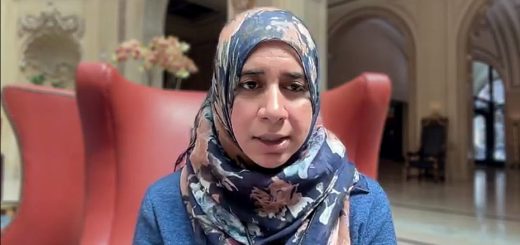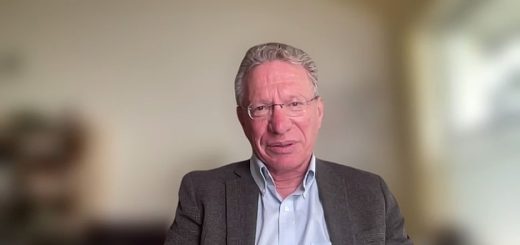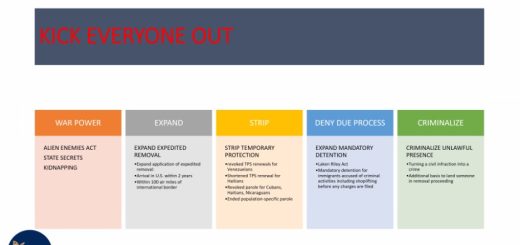Wizard of Sound – the recipient of AACYF California Chinese 30 under 30

Jingjue Zhou, Film and television sound editor. She graduated from Fudan University, top 3 university in China and achieved her MFA degree from School of Cinematic Arts, USC, majoring in film production. Her feature works include films like Spring Flower, To Pimp A Butterfly, Pier Las Vegas, Road to Olympia – Wulong 2018 documentary, which enjoys great success in film festivals and internet distributions. “Road to Olympia – Wulong 2018 Documentary”has achieved millions of viewers on Weibo (social media) and broadcast nationwide on China Central Television. She is also in charge of sound design for Sesame Street interactive media in SeaWorld Orlando, which hosts an estimated 4 million guests annually. In 2019, she was selected into AACYF Cal C 30 under 30 list, which aims to recognize the most important young entrepreneurs, creative leaders and brightest stars for Chinese communities’ future.

Q: What’s your understanding towards “entrepreneurship” in film industry?
A: In Film industry, most artists are freelancer. Even though they work for big studios, their work are based on “contract” and “project”. They don’t get “salary”. I arrange my working schedule according to deadline of each project. One project ends, the next one comes. At the beginning of my career, I need to go out and find projects on my own. The more projects I work on, the more reputation I build up, the more people know about me and reach out to work with me. Now I can take projects by email, text message and arrange my schedule a couple months beforehand. So in terms entrepreneurship, to me, it’s about “branding” and “accumulation”. From zero ground to create something big and well-known, it takes time and needs experience.
Q: Sound is crucial element to the entire film. But to give people a better idea what sound editors really do, could you tell us a little bit more about your job?
A: My job is to make the audience believe what they hear in theatre is exactly how it recorded on set. A good sound editing makes the audience suspend their disbelief and be fully immersed in the story world. To be more specific, sound editing has several subcategories: dialogue, background, foley and sound effect. Dialogue editing is to get rid of the problem from production sound. Background, foley and sound effect are re-creating the sound in story world based on the clean-up production sound.
Q: Part of your job is pretty technical, isn’t it?
A: It has its technical terminology. But it’s not a problem at all if directors or producers don’t know anything about it. I am only a “sound operator” if my clients have to tell me technically what to do. On the contrary, the clients just need to express their imagination in their comfortable way. They can use some abstract phrase, even not sound-related phrase, like “red”, “dry”, “tough”. My job is to decipher their intention behind and combine with my experience, creativity to achieve their vision. Besides, we share a common language called “story telling”. We often sit down together and talk about the character, theme, story structure, plot and arch. Instead of wandering all over the place without any purpose, story can give us a direction of sound editing.
Q: Why do you want to become a sound editor for film and television?
A: I study journalism in my undergrad and had no idea one day my life is going to have anything to do with sound. But I always love music and play electronic organ for years. To some extent, different art forms share similarity. When I study in USC film school, mentored by Richard Burton, I got to systematically learn the complete work flow of cinematic sound from filed recording to sound editing and mixing. I found my strength in this and started taking projects after projects. Then it becomes by profession.
Q: Could you name one of the work that you are proudest of?
A: Spring Flower, I would say. I am strongly connected to the story. The film tells a story from modern women’s perspective. It’s a storying happened in a rural village of Southern China. A 17-year-old girl Chun Hua is forced by her family to marry a man she never met before. After influencing by her cousin -Tong, a modern city girl, she decides to change her life. The film has a spirit of feminism and stay true to the character. I had a good time creating sound for Spring Flower. Director and I share a lot in common and I am also able to carry my own ideas into the work. This film got into world-known film festivals like Montreal World Film Festival, LA Shorts International Film Festival. It’s also submitted for Oscar consideration.
Q: How do you stand out from such competitive film industry in Hollywood?
A: Indeed, this industry is highly competitive because top talents, artist from all over the world gather here. But that’s also what I like about, the diversity and the professionalism. I try to keep my professionality on every single project to provide the clients with the best collaborating experience. Besides, I have my unique style, personality and cultural background from China, which secures me a spot here.
Q: What do you like about sound editing?
A: Every film poses a new challenge because each film has very different style and story. For example, when designing a robot sound, I can’t just copy the previous robot sound I used to create because it needs to fit the moment, the genre and the emotion. What’s more, collaborating with new directors is always an interesting experience. Every individual has very different life experience. We need to get to know each other well as soon as possible in order to reach a tacit understanding. We often share our personal story, which makes us naturally come closer and become good friend afterwards. I had lots of fun doing sound editing because it enriches my life.





